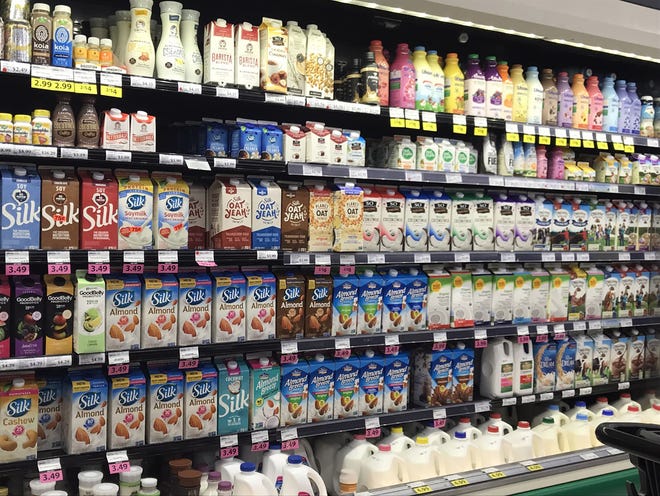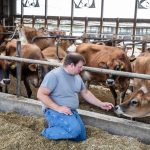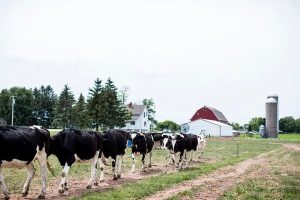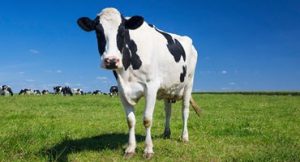
This year has already flipped the supply chain and agriculture industries upside down, but despite that, many consumers are now more concerned with their health than ever, Arnot said. That translates into a rising demand for products that are better for you and also better for the environment.
Arnot said especially young consumers who fit into the Gen Z and millennial groups are driving the conversation on what to buy and where because of their unparalleled activity on social media. Since many of them are “purpose driven,” they are looking for products that answer both their concerns on personal health and environmental sustainability.
“I think it’s important for us to understand that these consumers are making those value and purpose driven purchasing decisions. As producers, what are we going to do to be prepared?” Arnot said. “Again, (let’s) talk about how we’re better for the consumer and better for the planet in a host of different ways.”
These new demands should be driving innovation in the dairy industry, Arnot said, emphasizing a need to stay competitive with dairy and meat alternatives, especially in the milk aisle. He also reassured producers that no one in the grocery industry believes milk alternatives will replace the real thing, but they will take up a share of the market and the shelves, so it’s not something to ignore.
Many consumers are now letting anxiety control some of their food choices, especially anxieties of antibiotics and pesticide residue remaining in food, Arnot said. And with the pandemic still going strong, it’s become even more important to ensure personal immune system wellbeing for everyone in the family.
“It really is a result from the pandemic that it’s spread across all demographics,” Arnot said. “People are looking for what can I eat, what can I consume, what can I do to enhance my immune health to help protect myself, protect my family from the pandemic.”
One reason why the dairy industry should stay on its toes is that the meatless and dairy alternative industries are listening closely to their consumer base, making frequent changes to their products to get as close as possible to the real thing, Arnot said.
Arnot said the target consumer right now is what he calls the “flexitarian” – someone who is not strictly vegan or vegetarian, but who explores alternative products in search of a health boost. He said it’s very important that the dairy industry tries to attract these consumers back by telling them how nutritious dairy products are compared to imitations.
“Rather than railing against alternatives, here’s the smart option, the strategic option for dairy producers: don’t rail against the alternatives. Help those consumers who are looking for alternatives understand why dairy is better for me and better for the planet,” Arnot said. “We have to continue to give consumers that permission to believe that consuming dairy products is better for them.”
Some consumers, who haven’t struggled with income loss, are also demanding premium products right now, perhaps as a way to have fun and enjoy something during a dark time. But, Arnot said, there are other consumers who are struggling to survive who are working on a small budget, making it important to cater to both ends of the spectrum with quality products on the higher and lower ends.
Arnot explained that consumers are also changing trends by going online to shop and using grocery delivery or contactless pickup options at their local store. This trend will not go away soon, he said, as long as the pandemic continues and likely well after that because of the convenience. The retail industry has had to compensate for the demand by hiring hundreds of thousands of extra employees.
“Kroger hired … 100,000 additional associates to be able to manage the increased demand for ‘click-n-pick.’ People are going online and selecting their groceries and doing the shopping, then drop by the store to pick them up, so they don’t have to go in and be exposed to others,” Arnot said. “We’re really seeing just a fundamental reshaping (of the industry).”
Overall, today’s consumers are worried about reducing their carbon footprint as they continue to see environmental disasters pop up all around them, Arnot said. Dairy producers should be ready to tell their story and engage the consumer, letting them know that the industry cares about sustainability too.
“When people see derechos come across the Midwest and around corn country and create storms that they haven’t seen before, when we see newscasts talking about the wildfires in California, when we see an atypical hurricane season on the east coast … people are wanting to know what can I do to have a positive impact on the planet,” Arnot said.

























